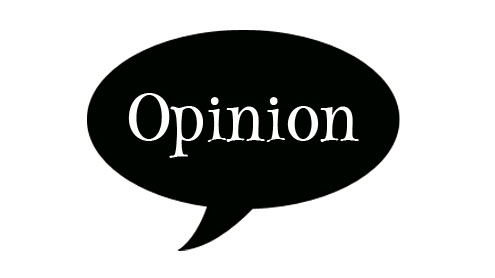
Pakistan marked its national day at another critical moment in its history when many questions about its future remain unanswered.
An important question is whether the country can acquire the means to govern itself better by aligning politics with the energy and dynamics of a changing, more urbanised society? Can the gap that has emerged between electoral politics and a transformed social landscape be closed to deliver a more ‘functional’ polity?
Pakistan can either remain trapped in a quagmire of weak governance, politics-as-usual, economic stagnation and crumbling public services. Or it can take advantage of changes underway in society to chart a course of reform and renewal.
Recent years have seen the political matrix being transformed by a number of economic and social factors. They include a shift in the centre of economic power (indicated by the falling share of agriculture in national output), a wave of urbanisation, expansion of the middle class, spread of modern communications, greater public awareness brought about by a free and energetic media, and enlargement of civil society.
All of this is recasting the relationship between citizens and the state and the way people relate to government and what they expect of it. But a paradox characterises the political scene. Representative or electoral politics are lagging behind, not reflecting the changes occurring across much of urban society. This is creating a disconnect between traditional politics and the new social dynamics.
Electoral politics based on kinship, clans and influential families inhabit a world quite different from one that a more politically conscious, urban Pakistan identifies with or aspires to. While patronage politics continue to hold sway in the electoral arena, the political ground has been shifting.
One symptom of the gap between electoral politics and changing public aspirations is the falling voter turnout. A more politically aware citizenry should be participating in greater numbers in elections. But this is not so. In 2008, the majority of the electorate did not vote even though the polls took place after a long period of military rule. Non-voters accounted for as much as 56 per cent of the electorate.
Declining voter turnout is particularly surprising when set against other indicators that suggest higher public interest in politics. The explanation lies in voter disaffection and indicates voter rejection of the narrow choice available at the ballot box.
There are other reasons too for the gap between the electoral process and citizen involvement. Despite greater urbanisation, rural Pakistan is over-represented in relation to heavily populated urban centres. This gives undue weightage to rural elites and leaves many urban groups feeling underrepresented. Moreover, constituency demarcations still reflect the distribution of kinship or biradari groups, especially in the Punjab. As this has suited the major parties the basis of this delimitation has rarely been questioned.
A comprehensive delimitation of parliamentary constituencies is needed to bring the representative system in line with new social and demographic realities. Pakistani politics still pivots around patronage and operates principally on the basis of patron-client structures that ties political and electoral activity more to a web of hierarchical relations and obligations rather than to a world of citizens, rights and issues.
Patronage-dominated politics rests on working a spoils system rather than responding to the needs of the people. This ensures that electoral politics mostly revolves around an exchange of material favors for political support. Electoral competition becomes principally about gaining control of state patronage to parcel out to supporters.
Such representative politics is geared towards rewarding supporters, not responding to the demands of the broad citizenry. Clientelist politics also encourages rentier behaviour – its beneficiaries live off unearned income from state resources – and, of course, corrupt practices. Nowhere is the tension between this and the demands of wider society more evident than in the growing public sentiment against corruption.
Politics trapped in narrow transactional patterns and structures is also dysfunctional to the needs of modern governance.If improving the quality of governance is essential for any serious effort to surmount the country’s grave challenges, the gap between politics and a changing society must end. This requires that politics move away from the overwhelming preoccupation with patronage towards merit and professionalism in the management of the country’s affairs. – Khaleejnews












